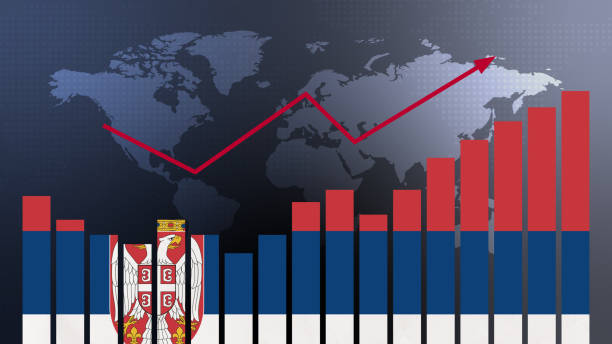Many people in developing nations still need access to financial services and infrastructure, including the debit cards, credit cards, or payment systems that they use. In September of this year, I attended the Global Policy Forum organized by the Alliance for Financial Inclusion in Mozambique. This annual gathering brought together policymakers, private sector representatives, and other stakeholders to discuss best practices, make new commitments and decide on a path forward.
The rich discussion I had with AFI representatives and members about the successes and obstacles of expanding access to financing in their country was a great experience.
These obstacles can be reduced to five main challenges.
Financial capability and literacy. Financial literacy programs are needed to help people make informed financial decisions and select the best financial products for their needs. They also need to know how to use mobile banking or ATMs. Recent World Bank Group Financial Capability Surveys for Morocco, Mozambique and studies on remittances among migrants in France or Italy have shown that people are unaware of the benefits and advantages of financial products and services. Economic literacy initiatives can be more cost-effective and practical based on behavioral insights. This includes SMS messages that are tailored to the individual’s needs.
Valid identification documents. Providing people with proper identification documents is essential to access financial services. Transferring large payments like social benefits and wages into a transaction account with a valid ID is only possible. It is necessary to streamline obtaining an ID card and opening an account. Financial inclusion has not been as successful in countries requiring several ID documents to open an account as in countries with a simplified process.
Regulation and consumer protection Although payment services such as mobile money and electronic-money products are a great way to expand financial access, secure and reliable platforms must be established to protect funds and data privacy. It is essential to establish safety and reliability standards and provide customers with adequate information about the products. This will help them make an informed choice.
Women and rural poverty. Women in developing nations are 20% less likely than their male counterparts to own a bank account and 17% more likely to have borrowed money from a formal institution within the last year. Financial institutions need to adapt their financial products to women’swomen’s needs. The effort can include:
- Providing women with ID cards.
- Enabling them open accounts independently.
- Enhancing their financial literacy.
The World Bank Group Financial Capability Survey, 2014 in Morocco revealed that rural women and people scored significantly lower than urban men on several financial capability metrics. Comparing women and urban populations to men, the survey found that rural residents scored substantially lower on various financial capability metrics (budgeting, coping with unforeseen events, etc.). Generally, women tend to have less education or be less likely to hold a formal job.
Usefulness. The first step is to open a transactional account, not the final goal. Transaction accounts should be helpful and must serve as a portal to other financial products like savings, credit, or insurance. Some 355 million adults with bank accounts in developing countries still send money in cash. The private sector and governments can both play a role in increasing the use of funds by depositing their wages into them instead of paying cash. India’sIndia’s Pradhan Mantri Jan Dhan Yojana initiative, for example, is transferring benefits such as fuel subsidies and LGP to transaction accounts in a big way. It has opened over 170 million transactions accounts.
We need to work together to overcome these challenges.
Over the past two years, the World Bank Group has provided over 8 billion dollars in financial support to develop national and regional economic infrastructure and financial inclusion.
In the spring of this year, the World Bank Group, along with several public and private sector stakeholders, committed to reaching 2 billion people within the next five years through the Universal Financial Access 2020 initiative. This initiative is focused on 25 countries that account for 73% of unbanked populations around the world. We are willing to work with any country where we can be a valuable technical partner or offer critical financial support.
This global initiative complements the Maya Declaration, which many AFI member countries have committed to in the past four years. AFI member nations accounted for more than 85% (or 55% of the global reduction in unbanked populations between 2011 and 2014), including countries that have signed the Maya Declaration.
The World Bank Group and Committee of Payments and Market Infrastructures of the Bank for International Settlements have analyzed these challenges and released the Consultative Report on Payment Aspects of Finacial Inclusion. This report will help us better understand how payment systems and services promote access to and usage of financial services.
The report will recommend key actions countries can take to improve access to transactional accounts. These actions are crucial for financial inclusion, reducing global poverty, and increasing shared prosperity.
This post was initially published in The Guardia.




